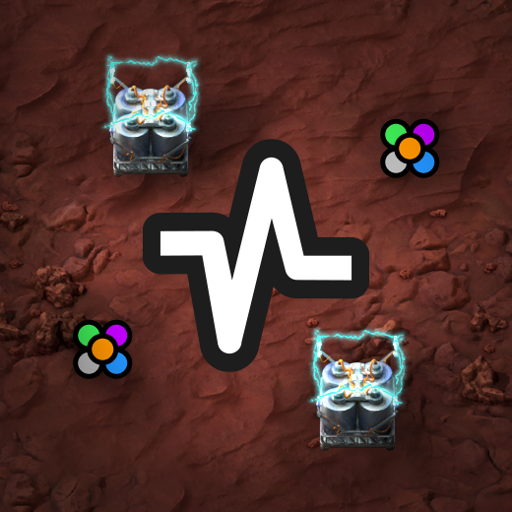I take my shitposts very seriously.
- JumpRemoved Deleted
crazy take
- JumpRemoved Deleted
Dangers of the privacy rabbit hole
- JumpFeatured
RTFM is Sage
Selfhosted @lemmy.world (SOLVED) I need help with networking for VirtualBox guests running on Windows hosts.
Linux Gaming @lemmy.world Factorio's Linux-native adventures (FFF #408, 2024-04-26)
Dullsters @dullsters.net It's 1am and one of my NAS hard drives is doing the death rattle.
Tip Of My Tongue @lemmy.world Story from the 70s/80s about recovering a Unix system after
rm -rf /(FOUND)Explain Like I'm Five @lemmy.world ELI5: what is a quantum state?
AssholeDesign @lemmy.world This may be useful.
linuxmemes @lemmy.world The pak was definitely not flat.
Showerthoughts @lemmy.world At some point, kids watching older cartoons will no longer understand why putting a thermometer under a desk lamp was a way to skip school.
196 @lemmy.blahaj.zone Happiest man in Revachol
196 @lemmy.blahaj.zone Decoy jeans!
linuxmemes @lemmy.world All hail the mighty butt.
Showerthoughts @lemmy.world Twitter's blue check mark is the modern equivalent of a dunce cap.
196 @lemmy.blahaj.zone It's not a store... it's where I get my free games.
196 @lemmy.blahaj.zone PEGI is a pissing joke.
You can't park there, mate @feddit.uk You can't shunt there, mate
Science Memes @mander.xyz Personally I prefer NASA's pronunciation, which is "charon".
TenForward: Where Every Vulcan Knows Your Name @lemmy.world The best we can hope for is a few cameo appearances from the Good Timeline.
Ask Lemmy @lemmy.world Favorite colors are lame. What is your favorite color gradient?
Mildly Infuriating @lemmy.world Youtube's web UX team is a joke.
Dad Jokes @lemmy.world Not all construction jobs are equally engaging.

Anything to draw attention away from the Epstein files. Including starting and escalating war in the middle-east.